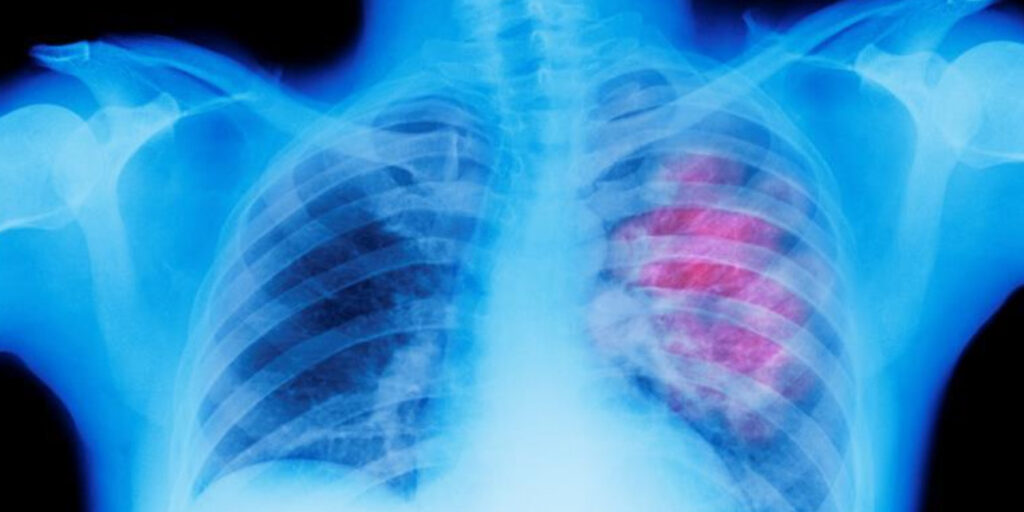A landmark study has revealed that biomarker testing for individuals at high risk of lung cancer can reduce deaths by 40%, offering hope for earlier detection and improved survival rates.
The trial, led by Professor Frank Sullivan and researchers from the University of St Andrews, NHS, and multiple UK universities, involved 12,000 smokers and ex-smokers.
Published in PLoS ONE, the study found that testing high-risk individuals using biomarkers—a measurable indicator of biological changes—significantly improved outcomes over five years.
Biomarkers, often referred to as “liquid biopsies,” detect proteins or substances in blood or urine that signal early signs of disease, including cancer, before symptoms appear. This method enables non-invasive, early detection, a critical factor in improving survival rates for lung cancer, which remains one of the world’s deadliest cancers.
Globally, lung cancer accounts for 2 million new cases and 1.76 million deaths annually, largely due to late diagnoses. Despite advancements in treatment, many patients are diagnosed at advanced stages, limiting the effectiveness of available therapies.
By integrating biomarker testing into lung cancer screening programs, researchers hope to better target high-risk populations and optimise the use of healthcare resources. Dr. Sullivan emphasised the significance of early detection, stating:
“This study, along with others using imaging techniques, shows that earlier diagnosis of lung cancer is now possible. That is good news because, if caught early enough, the improved treatments now available have a much higher chance of success.”
The research could pave the way for enhanced screening strategies worldwide, potentially saving thousands of lives annually through early diagnosis and timely treatment.


